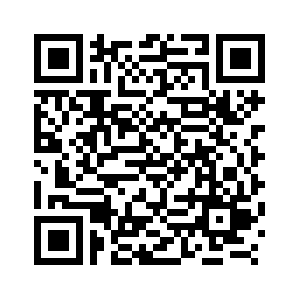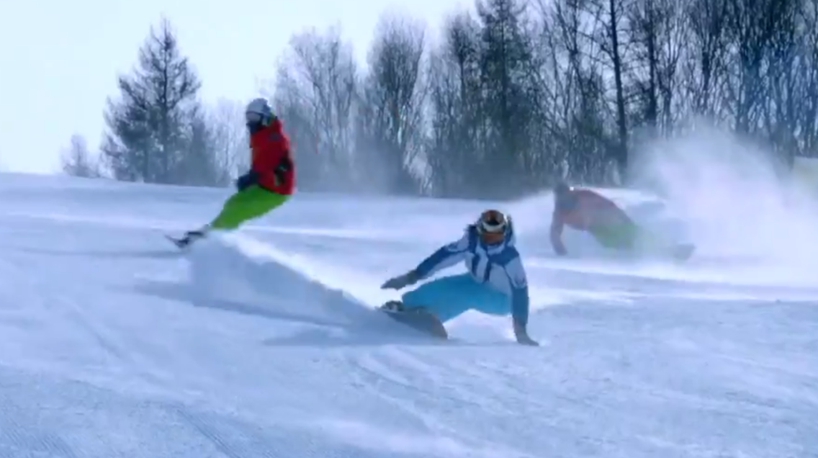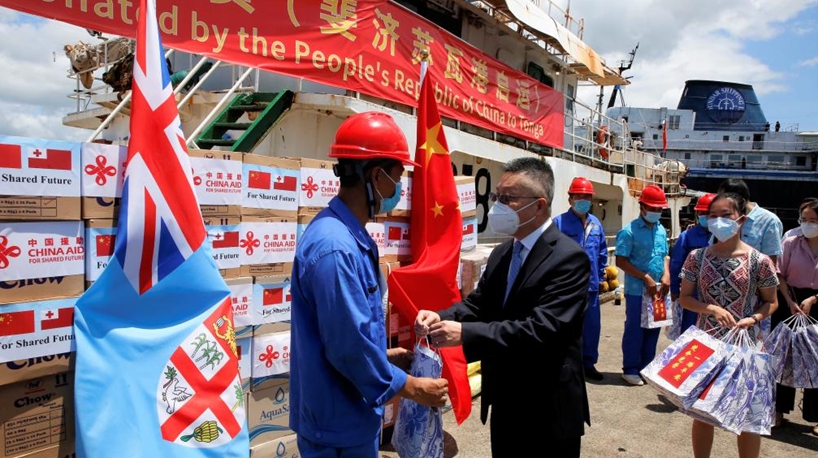-- The tensions grew last week, as the United States sent two batches of military assistance to Ukraine as part of a military package worth 200 million U.S. dollars. Another batch of U.S. defensive aid arrived in Kiev on Tuesday.
-- Some Ukrainian experts believed such panic of a possible conflict is artificially fomented. Igor Petrenko, an analyst at the International Center for Advanced Study, said the United States and Russia seem to be raising stakes ahead of possible dialogue between the two sides in the future.
-- Amid mounting tensions regarding Ukraine, Russian and U.S. officials held talks on Jan. 10 and Jan. 21 in Geneva. Russian representatives and NATO officials also held negotiations on Jan. 12 in Brussels. However, the talks have all ended without major breakthrough as expected, as related sides reportedly failed to find common ground on some issues, including NATO's non-expansion, a key demand from Moscow.
KIEV, Jan. 26 (Xinhua) -- Relations between Ukraine and Russia have deteriorated recently, with both sides allegedly massing large numbers of military personnel and equipment in their border areas.
Meanwhile, members of the North Atlantic Treaty Organization (NATO) are stepping up military activities in Eastern Europe amid tensions regarding Ukraine, despite Russia's warning that strengthened NATO presence near its borders are a "national security threat."
Attempts to defuse the tensions have come up with scarcely any results, as the latest talks between related sides have achieved no major breakthroughs. And yet experts believe diplomatic options remain.
RISING TENSIONS
Since November, Kiev and some western countries have accused Russia of assembling heavy troops near the Ukrainian border with a possible intention of "invasion."
Denying any intention to attack any country, Russia said it has the right to mobilize troops within its borders to defend its territory, as NATO's increasing military activities near Russia's borders constitute a threat to Russia's border security.
The tensions grew last week, as the United States sent two batches of military assistance to Ukraine as part of a military package worth 200 million U.S. dollars. Another batch of U.S. defensive aid arrived in Kiev on Tuesday.
Last week, the Armed Forces of Ukraine also received anti-tank defensive weapons from Britain, while Estonia, Latvia and Lithuania pledged military support for Ukraine.
On Monday, NATO said in a statement that Denmark, Spain, France and the Netherlands are sending or planning to send ships, planes or troops to NATO's deployments in Eastern Europe, adding that already present on the ground are Britain, Canada and Germany.
In response, Kremlin spokesman Dmitry Peskov said Monday the Russian military cannot ignore NATO's increase in military activities as tensions regarding Ukraine have flared up.
In addition to the NATO maneuvers, Ukrainian authorities are massing forces on the line of contact with the two self-proclaimed republics in Donbass, Peskov noted.
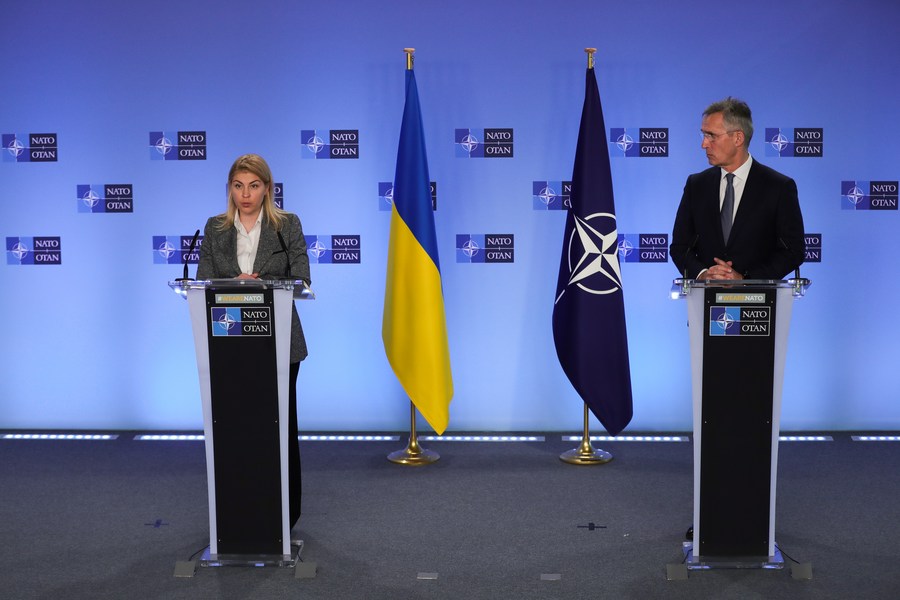
NATO Secretary General Jens Stoltenberg (R) and Ukraine's Deputy Prime Minister for European and Euro-Atlantic Integration Olha Stefanishyna attend a joint press point at NATO Headquarters before the meeting of the NATO-Ukraine Commission, Brussels, Belgium, Jan. 10, 2022. (Xinhua/Zheng Huansong)
The current escalation of tensions was caused by the United States and its NATO allies, who have launched a propaganda campaign full of lies against Russia, he said.
In another development, the United States and Britain on Monday began withdrawing some staff and dependents from their embassies in Ukraine, stoking fears that a conflict is looming.
Ukraine's Foreign Ministry said in a statement that it considered the U.S. decision "premature and a manifestation of excessive caution."
Ukrainian political analyst Igor Chalenko said the two Western countries have no ample grounds for the move, which is unequivocally regarded in the world as a deterioration in the security situation in the host country.
"Considering that there have been no fundamental changes on the Ukrainian borders over the past year (the concentration of Russian troops has even somewhat decreased), today there is no reason to fully support the corresponding step by Washington and London," said Chalenko.
The United States and Britain are possibly withdrawing diplomats' families from Kiev in a move to prove the expediency of weapons supplies to Ukraine, he said. "It can be assumed that such a step with the evacuation is also aimed at leveling the opponents of providing new batches of weapons within these countries."
POSSIBLE CONFLICT?
Speaking at a press conference after an urgent meeting held on Monday by Ukraine's National Security and Defense Council (NSDC), Oleksiy Danilov, NSDC's secretary, urged Ukrainians to remain calm, stressing that a full-scale conflict is off the table at the moment.
"We don't see any grounds for allegations of an offensive against our country today. It would be impossible to pull this out, even physically," he said.
Meanwhile, Ukrainian Defence Minister Oleksii Reznikov told local TV channel ICTV that intelligence data showed the Russian military has not created a single strike group.
Following the NSDC meeting, Ukrainian President Volodymyr Zelensky said the Ukrainian authorities together with partners are working toward full de-escalation and progress along the path of a peaceful settlement.
"Everything is under control, there is no reason for panic," he said.
The U.S. Department of Defense announced Monday that some 8,500 U.S. troops have been put on heightened alert for a possible deployment due to escalating tensions on the Russia-Ukraine border, with no decision on formal deployments.
When asked about this possibility, Peskov said Tuesday these claims will not affect the current negotiations on Moscow's security guarantees.
Russia "needs to get the written response from the United States and NATO" to the recent security proposals, he said, hoping that this would happen this week.
However, the White House and U.S. media outlets seemed not to be on the same page with some Ukrainian and Russian officials. U.S. Secretary of State Antony Blinken warned embassy staff that Russia could soon attack Ukraine during his recent visit to Kiev.
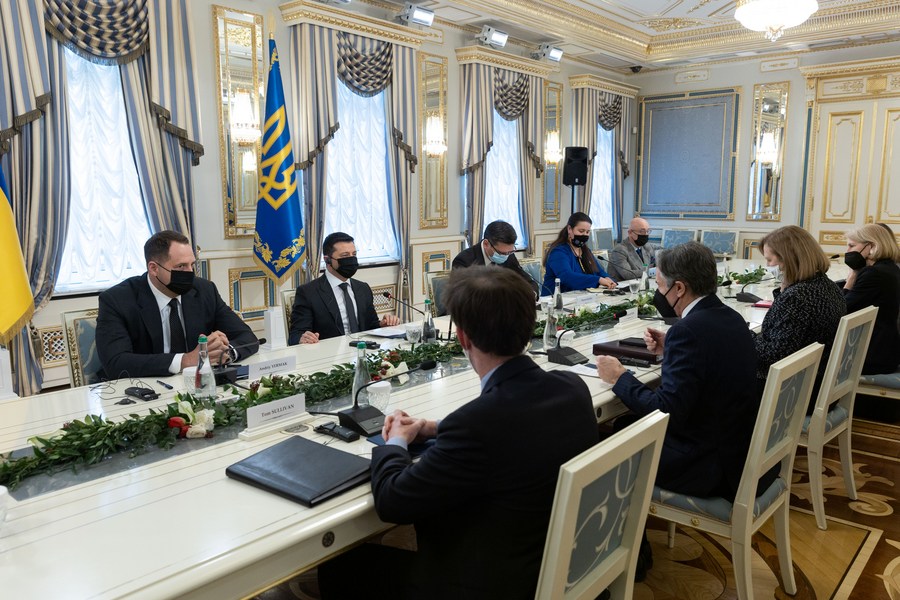
Ukrainian President Volodymyr Zelensky and U.S. Secretary of State Antony Blinken meet to discuss the security situation around Ukraine in Kiev, Ukraine, Jan. 19, 2022. (Ukrainian Presidential Office/Handout via Xinhua)
"This is an extremely dangerous situation. We're now at a stage where Russia could at any point launch an attack on Ukraine," White House Press Secretary Jen Psaki told reporters last week.
On Tuesday, U.S. President Joe Biden told reporters that what is in Putin's mind remains vague, and that "it all comes down to his decision."
Some Ukrainian experts believed such panic of a possible conflict is artificially fomented. Igor Petrenko, an analyst at the International Center for Advanced Study, said the United States and Russia seem to be raising stakes ahead of possible dialogue between the two sides in the future.
"Of course, they will reach some agreements. The higher the degree of the talks now about the reality of a war that could escalate into a global conflict, the less negative consequences will be if an agreement is reached," he said.
"There is a big game going on between the U.S. and Russia, and Ukraine is just a tool in it," said Ukrainian military expert Oleg Zhdanov.
DIPLOMATIC EFFORTS
Amid mounting tensions regarding Ukraine, Russian and U.S. officials held talks on Jan. 10 and Jan. 21 in Geneva. Russian representatives and NATO officials also held negotiations on Jan. 12 in Brussels.
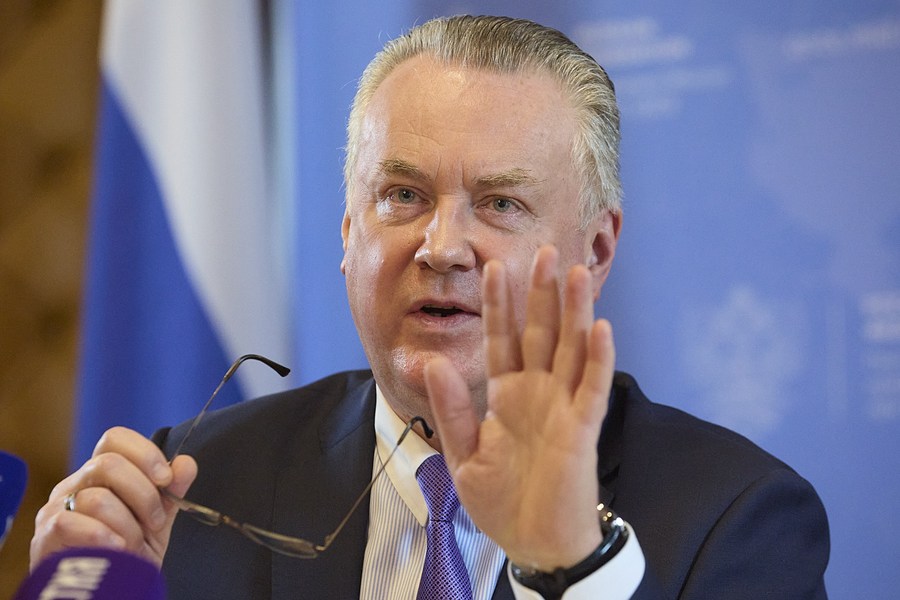
Alexander Lukashevich, Russia's permanent representative to the Organization for Security and Cooperation in Europe (OSCE), speaks to reporters in Vienna, Austria, Jan. 13, 2022. (Photo by Georges Schneider/Xinhua)
However, the talks have all ended without major breakthrough as expected, as related sides reportedly failed to find common ground on some issues, including NATO's non-expansion, a key demand from Moscow.
On Wednesday, political envoys from Ukraine, Russia, Germany and France will meet in Paris for separate talks aimed at resolving the crisis.
Andriy Yermak, Ukraine's envoy to the talks, said the meeting will discuss the 2015 Minsk Agreements and steps to end the military conflict in eastern Ukraine.
Also this week, the U.S. side is expected to provide a promised written response to Russia's proposals on security guarantees, which were discussed during the Friday meeting between Blinken and Russian Foreign Minister Sergei Lavrov.
Last month, Kremlin issued a set of demands to the United States and NATO, including a promise that the military bloc would not expand further eastward, according to U.S. media reports.
Moscow also wants NATO to promise that Ukraine will never be added as a member, that no alliance weapons will be deployed near Russian borders, and that it pulls back its forces from Central and Eastern Europe.
Many Ukrainian experts believed NATO is unlikely to make concessions on the non-expansion issue, and the only way out is to persuade Kiev to reconsider its intentions to join NATO.
"If Ukraine itself decides to abandon its plans to join NATO, adopting neutral status and decentralization with broad rights for the regions, then the conflict will be settled automatically," said Chalenko.
"The West and the Russian Federation will only have to breathe a sigh of relief and seal this status quo with their guarantees," he added. (Video reporters: Meng Jing, Li Dongxu; video editors: Wang Houyuan, Li Qin)■
